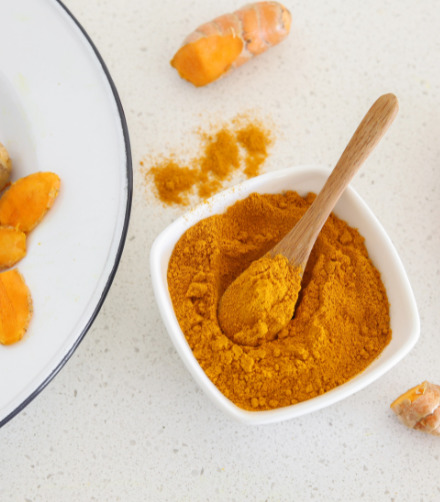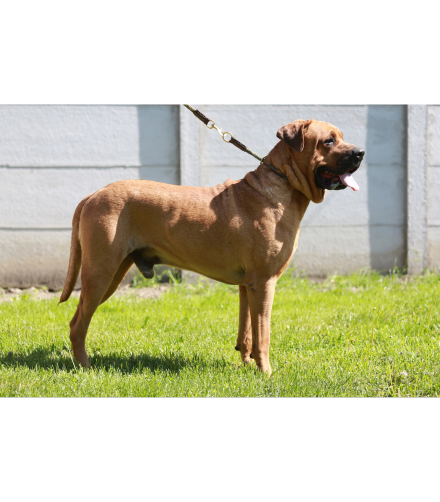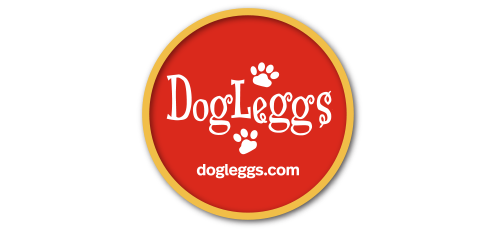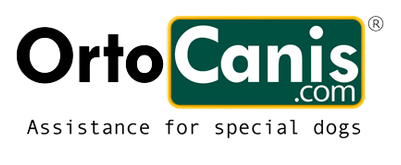We know about turmeric and its benefits for human beings. However, the benefits of turmeric for dogs makes it easy for you to provide a powerful anti inflammatory agent to your senior dogs. And where is this agent found? in your kitchen.
Turmeric is an Indian herb which is derived from the curcumin from the root of curcuma longa. Responsible for all that vibrant yellow colour often associated with Indian food the spice is responsible for so much more than just taste! It’s many benefits for animals and humans has long been acknowledged. Since our companion animals, especially dogs mimic the human diet its benefits of including it in your dogs diet are a natural extension of feeding our furry friends.
Turmeric for dogs with Arthritis
Because turmeric is has strong anti inflammatory properties, which means it helps dogs suffering from osteoporosis and arthritis. This does not mean we throw medication your vet prescribes out the window! Many natural remedies can be taken effectively alongside allopathic medications. Natural and herbal remedies are not magic bullets, always ensure you take into consideration your dogs age, health condition and availability of an ingredient you introduce to their diet.
Curcumin supplementation of dogs did not favour growth or weight gain. Nevertheless, it was concluded that curcumin improved animal health, with emphasis on the stimulation of the antioxidant system and evidence of an anti-inflammatory effect.
Campigotto, G., Alba, D. F., Sulzbach, M. M., Dos Santos, D. S., Souza, C. F., Baldissera, M. D., Gundel, S., Ourique, A. F., Zimmer, F., Petrolli, T. G., Paiano, D., & Da Silva, A. S. (2020). Dog food production using curcumin as antioxidant: effects of intake on animal growth, health and feed conservation. Archives of animal nutrition, 74(5), 397–413. https://doi.org/10.1080/1745039X.2020.1769442
Golden Paste for Dogs
Your golden latte from Starbucks is more than a flavour of the month. It is another ‘super food’ fad which has been around for millennia. Let’s share the golden paste miracle with our dogs! In humans and canines curcumin is known to inhibit the growth of tumours and reduces the risk of cancer. Make your golden paste for your dog at home. Begin with approximately 120 grams of turmeric add a pinch of black pepper and warm – do not heat- and add water as per your preference. Once the paste is ready, add some coconut oil and this will keep in a refrigerator for upto 2 weeks.
A vegetarian dogs diet plan and the benefits of turmeric
Vegetarian dogs often live in homes where meat and sometimes even eggs are not easily available or all together absent. Companion animals in vegetarian households often do not have access to meat based products or food. A ‘meat based commercial pet food’ does not provide the same dietary benefits as meat in its pure form. This is mainly because of the high temperatures the food is subjected to essentially ‘killing all the nutrients’. It is however, not impossible to have a healthy and well nourished dog on a vegetarian diet. You may need to put a little more effort into meal planning. That is true in the beginning but once you know how to feed your dog a balanced meal it is no different from a ‘regular diet’.
What does curcumin do for your dog besides help fight inflammation and cancer? It also detoxifies the liver. Turmeric is a powerful ingredient to introduce to a human being or dog, so slow is the way to go. Always introduce a new food or supplement slowly because the body (human or animal). It gives the body time to accept and absorb a new substance.
Vegetarian Diet Plan for your dog
A vegetarian diet for your dog as we discussed needs some planning and execution. To compensate for the absence of meat in a canine diet make sure to include sources of protein, vitamins, minerals all essential for growth and health. If your dog has no access to meat and bones, vitamin B12 is an important supplement. Ask your vet or pet nutritionist if a yearly B12 injection should become a part of your canines yearly routine.
Grains and legumes (legumes are A class of vegetables which include beans, peas and lentils) they are rich source of potassium, magnesium and iron. Vegetarian societies often combine grains and legumes as a source of protein. You can do the same for your vegetarian dog.
Include antioxidants (which prevent cell damage) are important to include raw vegetables and fruits. Include broccoli, cabbage and kale. A great way to include greens in their food is to mush them up so they do not pass through their systems whole! If you are transitioning your dog, introduce greens and legumes slowly. Berries are a brilliant source of antioxidants for your dog.
We could give your a meal plan to follow, but the problem with that is each dog like each human is unique. A balanced diet includes vitamins, minerals, proteins, the variety and specific food which suits your canine is a mystery you can solve with your vet or pet nutritionist.
Billinghurst, I. (1993). Give Your Dog a Bone.





















